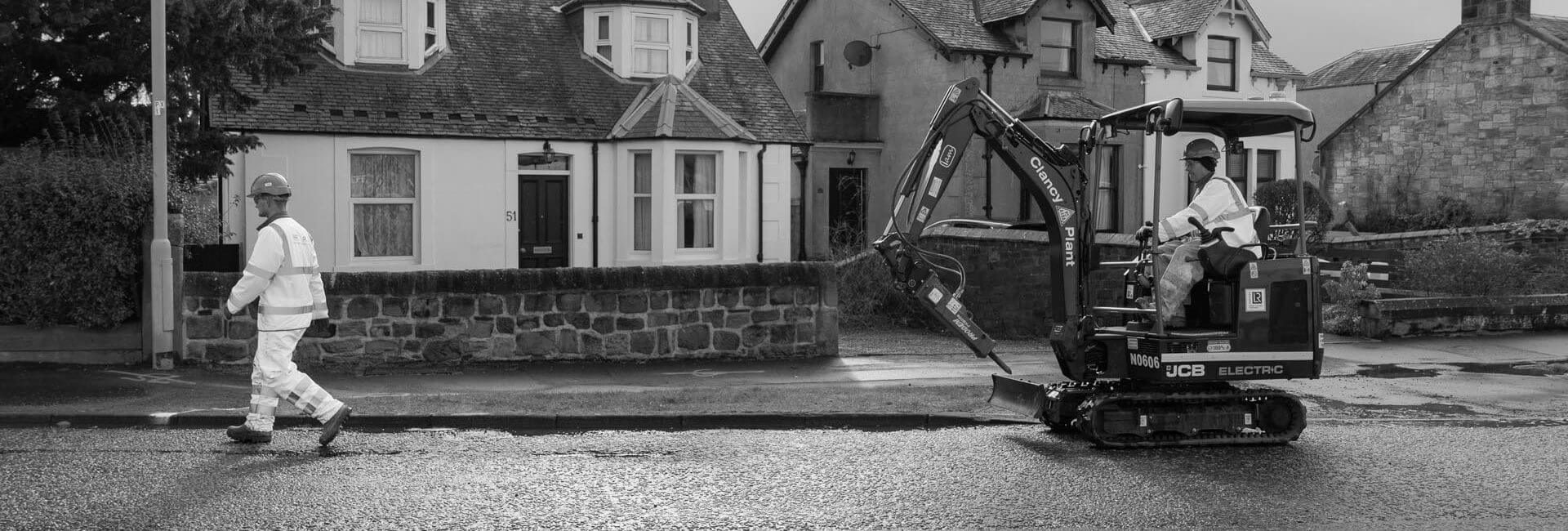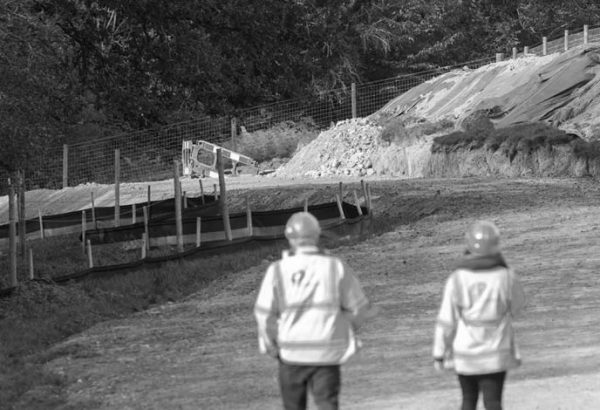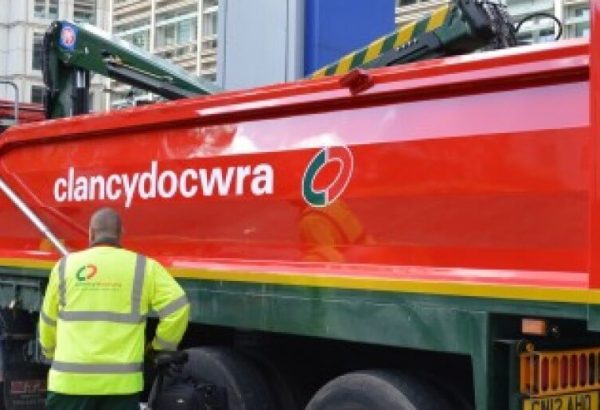
Focus on sustainability
GeneralJames Thornton, Group Environment and Sustainability Manager at Clancy, explains how the business is championing and driving forward environmental change.
By taking ownership of environmental management right across the business and by collaborating and drawing on best practices from the industry we can deliver on The construction industry is under increasing pressure to adapt to improving environmental standards and expectations of government and society; including bringing all greenhouse gas emissions to net zero by 2050.
It is now just over three years since I joined Clancy; starting as an advisor working across the business to now leading the Group with respect to its environmental and sustainability goals.
In those early days it became very clear that we had the potential to become leaders in environment management, but critically we first needed to have a handle on the extent of current and future risks.
The first step was to develop a vision that would embrace a sustainability ethos and simultaneously protect revenue – evolving the business identity to be synonymous with that of a market-leading engineering company with a robust environmental management strategy at its core.
Clancy shares similar significant regulatory challenges to that of the wider construction industry and if we are to achieve our environmental goals, as a business we must embrace environmental change. Environmental management in delivery of UK infrastructure is undergoing a significant shift with, and responding to, wider societal trends. As a business we must maintain and develop our “green” delivery model and ensure that we address environmental risks and opportunities through all business decisions.
The Clancy Environment Team are key in helping the business to focus on sustainability and deliver environmental improvement. This has as much to do with enforcing the standards as motivating and educating all levels and areas across the company to help improve our performance. A multi-disciplinary team with backgrounds in waste, geology, planning, systems and sustainability, we are always seeking out opportunities for continual improvement.
In fact, the Environment Team’s remit is one of the most diverse at Clancy, pulling us into all areas of the business and pushing us to consider local, national and even global impact and change. Recently we have been involved in an archaeological investigation assessing the prehistoric river deposits of the Battersea Channel in London and have been managing ecological work in the north of England with Great Crested Newts.
This diverse nature of work includes how we engage with the wider industry on prominent challenges and opportunities with environmental management. As members of Street Works UK Ltd we are actively involved in the Utilities Waste Classification Working Group. Together with industry partners from across the UK we are collaborating on a project to deliver a new, innovative, solution to classifying waste. With the core aim of saving the industry millions of pounds a year we are working with the regulators across the UK to balance the risks of waste, the management of street works, and the costs involved with compliance.
By taking ownership of environmental management right across the business and by collaborating and drawing on best practices from the industry we can delivery on our vision and together achieve a successful “green” delivery model – one able to adapt with cultural, societal and natural capital challenges.
HOT TOPIC: WASTE CLASSIFICATION FOR UTILITIES
Street Works UK Ltd is the only trade association in the UK to represent electricity, gas, water, sewage and telecommunications utility companies, contractor partners, and a wide range of affiliate companies.
The association is committed to campaigning for policies that deliver without placing undue burden on end-users or utility companies.
The Street Works UK – Utilities Excavation Waste Classification Working Group aims to develop a risk assessed approach to classifying utilities excavated wastes. The group is chaired and led by its members, including James Thornton (Co-Chair)









